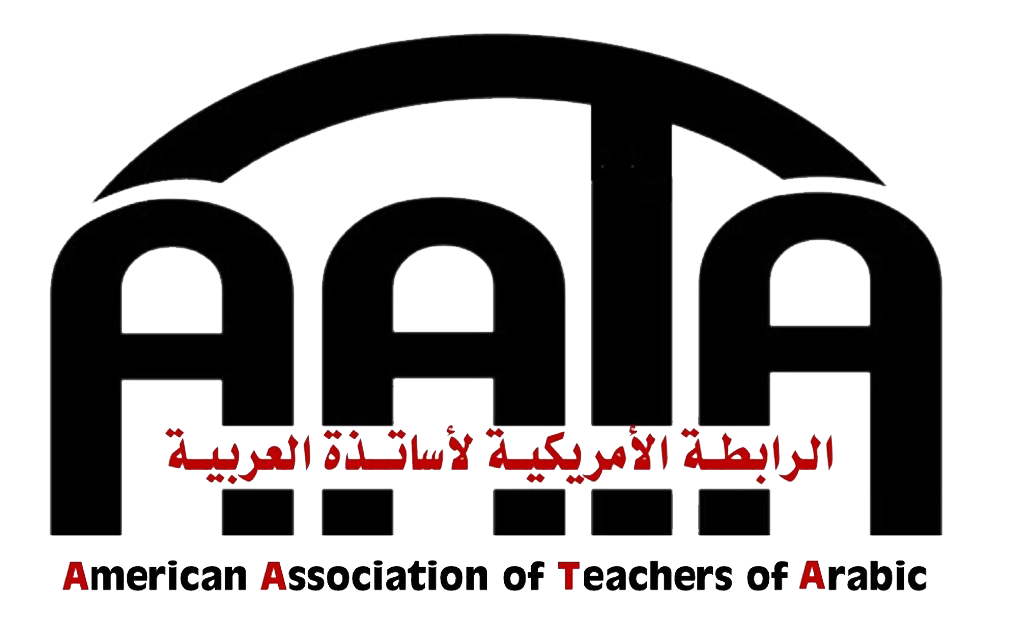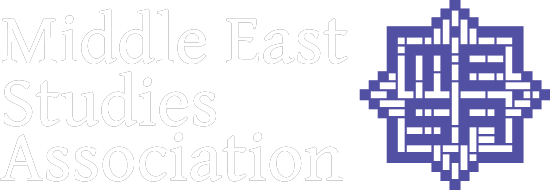Conferences & Call For Papers |
PROMOTING LANGUAGE & STUDYAmerican Association of Teachers of Arabic (AATA) aims to facilitate communication and cooperation between teachers of Arabic and to promote study, criticism, research and instruction in the field of Arabic language pedagogy, Arabic linguistics and Arabic literature. |

